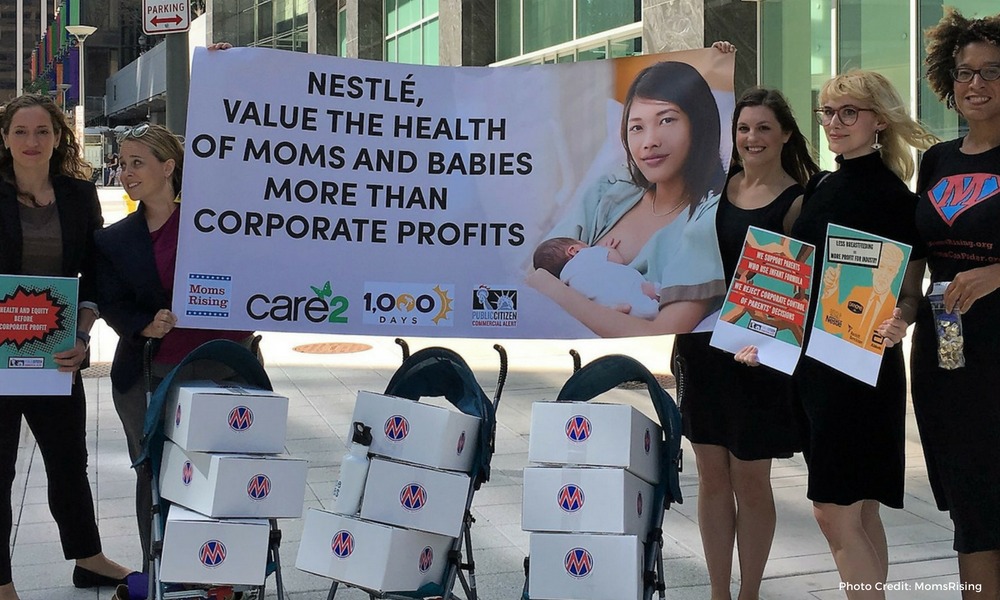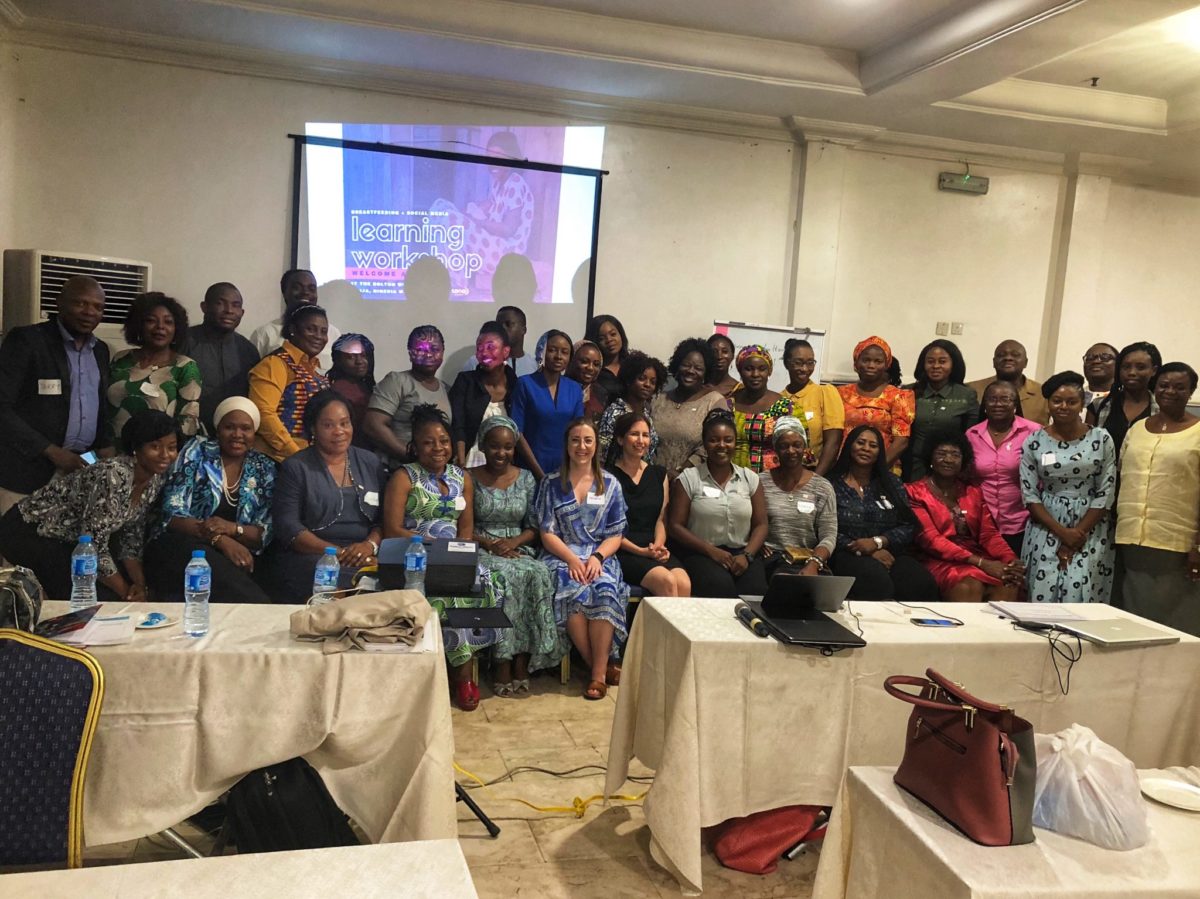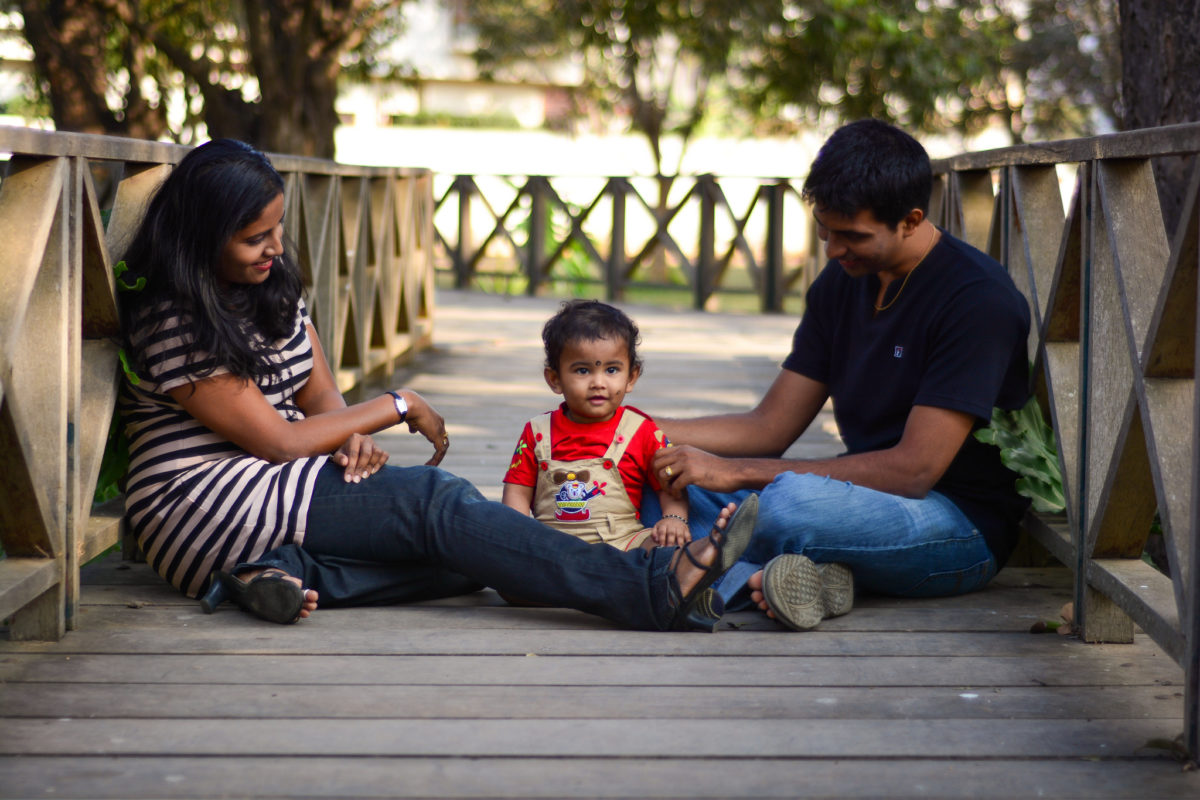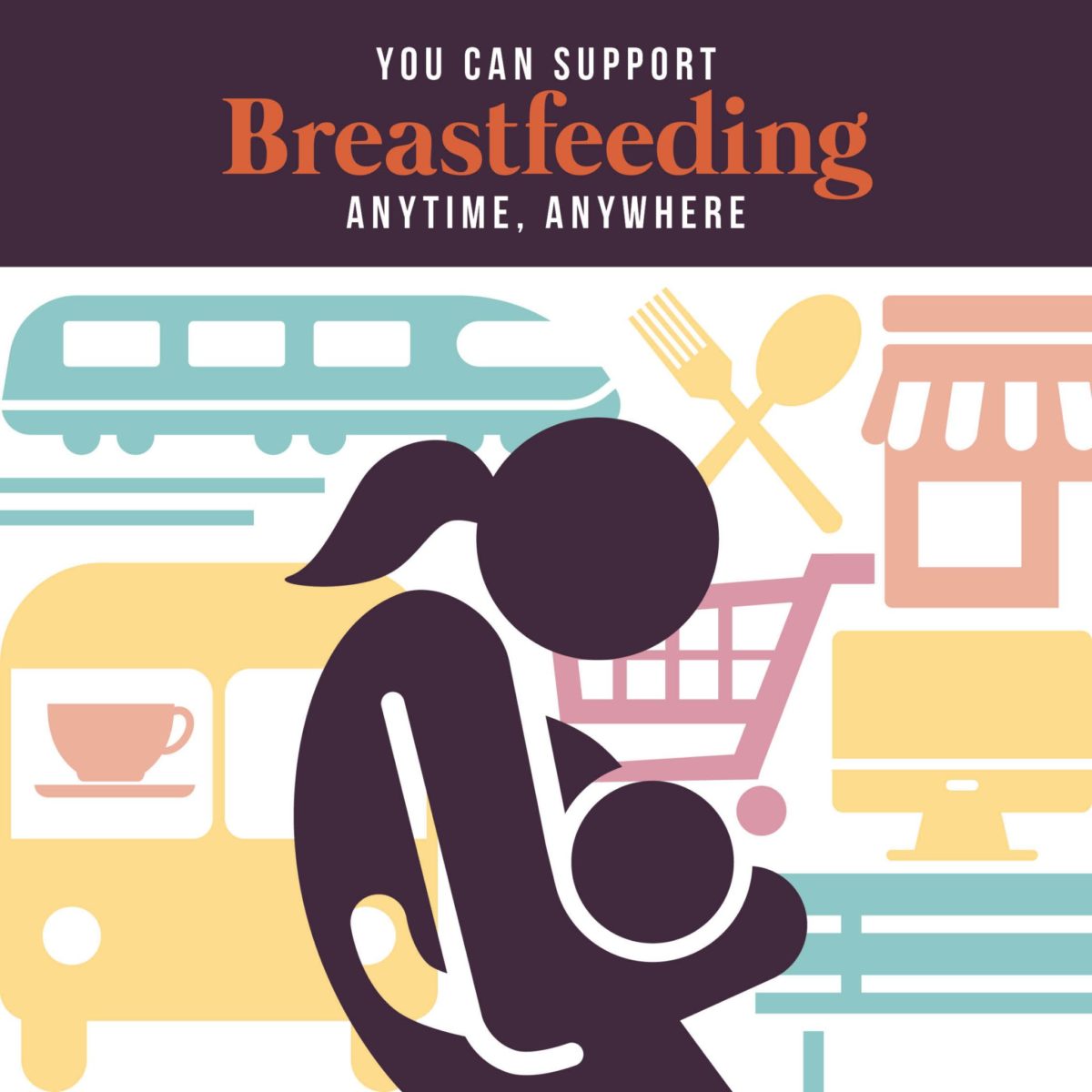1,000 Days recently organized a day-long workshop in Nigeria with several partners working to promote, protect and support breastfeeding. Together with 43 representatives from 20 different local organizations and governmental agencies, including Alive & Thrive, UNICEF, Nigeria Center for Disease Control, Nigeria Ministry of Health and many others, we sparked a robust discussion about what is possible when using social media to promote breastfeeding. The workshop covered a range of topics and participants brainstormed and worked together to identify what a social media campaign for breastfeeding in Nigeria might look like.
Breastfeeding in Nigeria
While nearly ALL women in Nigeria breastfeed, only 17% of newborns are exclusively breastfed and early initiation of breastfeeding remains well below the regional and global averages. In turn, Nigeria has a high rate of malnourished children, ranking second globally and first in Africa.
Many factors contribute to low rates of exclusive breastfeeding in Nigeria including lack of supportive policies and programs (like no paid maternity leave) and little access to quality health care (very few villages even have a health care facility). But on top of these structural barriers, misconceptions around infant feeding—such as that infants also need water in the first few months—also play a major role in inhibiting exclusive breastfeeding in Nigeria. It is important that widespread public health messages help to break down common misconceptions and encourage a positive environment for mothers to exclusively breastfeed.
The Case for Social Media
Social media platforms – such as WhatsApp, Facebook and Instagram – have a growing influence in Nigeria, with over 20 million active monthly users on Facebook alone. In the Kpaduma community we visited, an estimated 75-80% of women in have mobile phones, a more commonly accessible amenity than even toilets. This is a largely untapped communications platform for public health resources and support.
By amplifying messages on social media about the benefits of breastfeeding, we can increase awareness among a larger population of people online, where increasingly more Nigerians are turning for information.

Look closely – the woman pictured in Kpaduma community is holding a mobile phone.
Imagine the possibilities of reaching over 20 million Nigerians with information about the benefits of breastfeeding! This would be a significant step forward in creating an environment for the better supports women to reach their personal breastfeeding goals. By combining the power of social media with ongoing education campaign carried out by local partners, we can reach many more moms (and dads!) with messages that encourage optimal feeding practices.
Our Work
It was with this knowledge in mind that 1,000 Days organized a day-long workshop with partners already working to promote, protect and support breastfeeding in Nigeria. The energy level in the room was incredible – only increasing as the day progressed, with everyone dedicated to utilizing every opportunity to better support moms and babies.
We look forward to continuing to share resources and trainings with these partners. This is clearly just the beginning for this incredibly passionate group of advocates!





